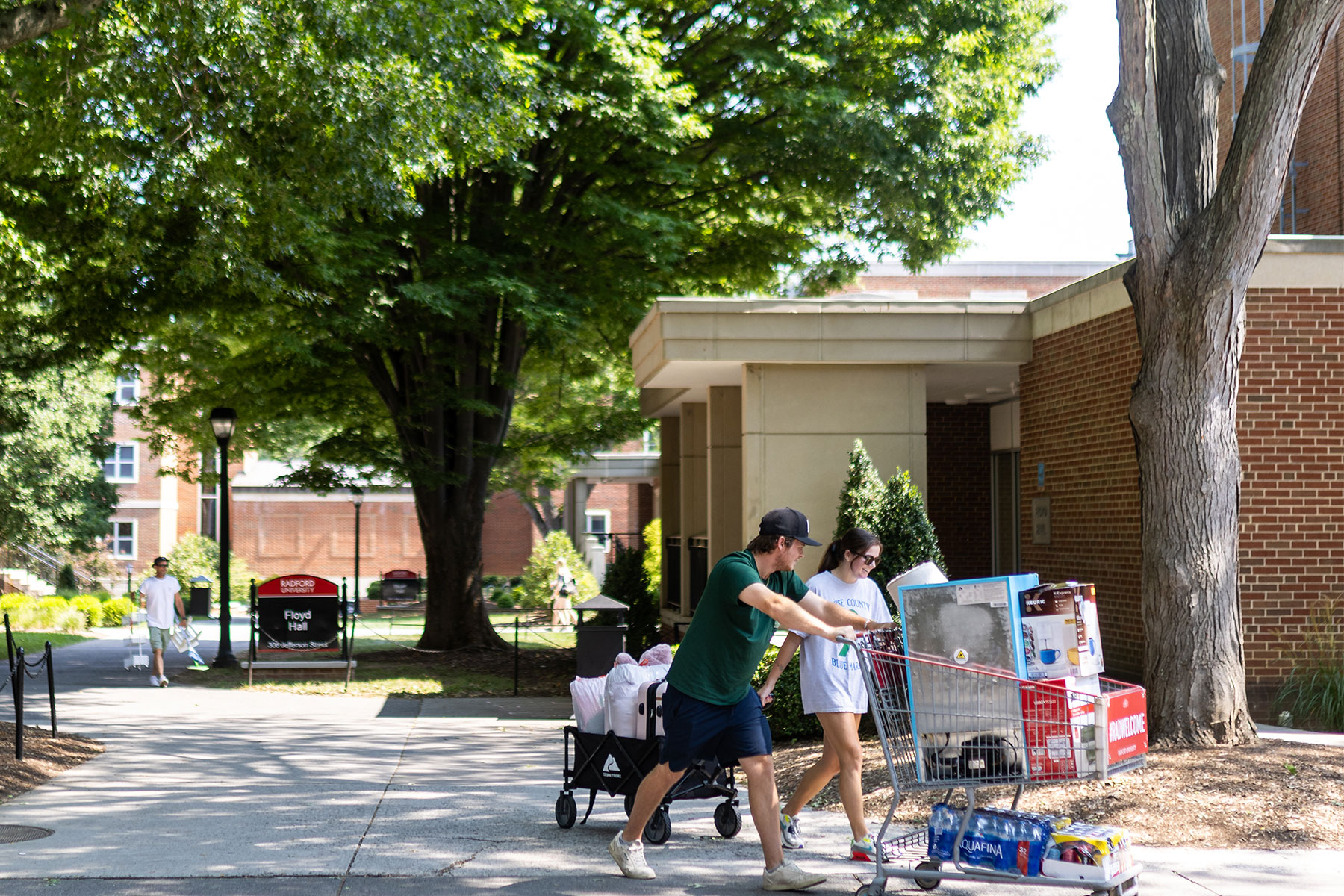Radford University
Housing and Residential Life
Welcome to Your Highlander Home!
Get the full university experience while enjoying the freedoms and conveniences of living on campus.
Radford University housing puts you steps away from classes, dining options and academic services. Residents have access to leadership opportunities across campus including learning communities, service activities and student employment.
Housing and Residential Life is here to support you as you Find Your Place at Radford.



